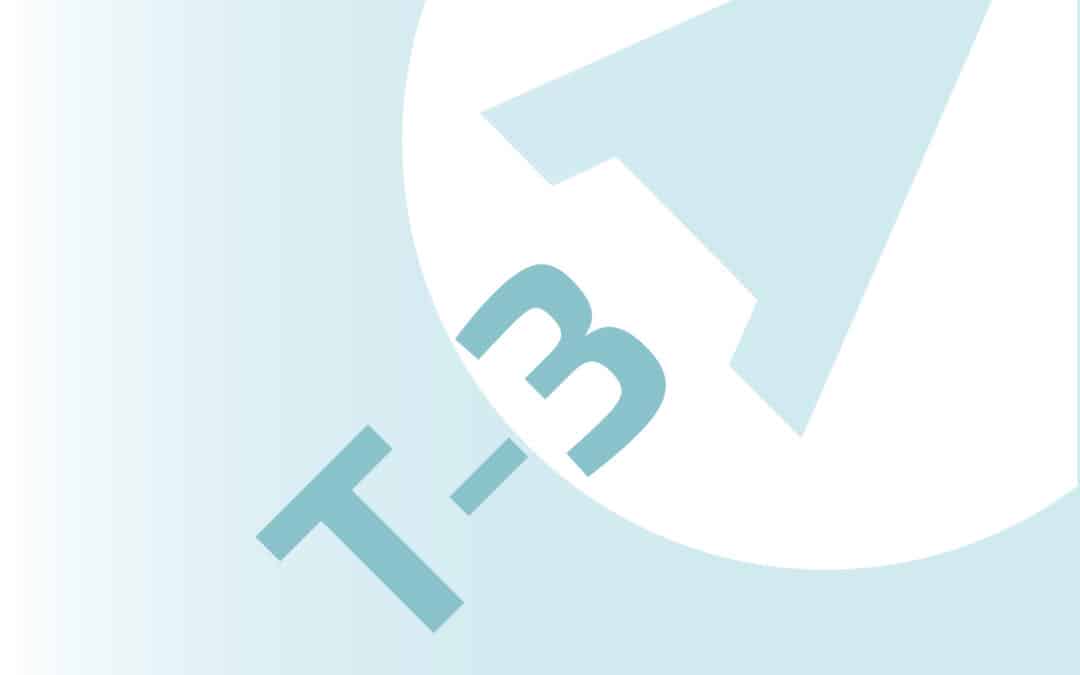Yom Kippur
Today, Sept. 25 is Yom Kippur, also known as the Great Day of Atonement, one of the most important holidays in Judaism. For believing Jews, this is a time of penance, prayer and fasting, focusing on spiritual renewal and reconciliation with God. Yom Kippur reminds us that religious freedom is a core value to be cherished, especially in the workplace.
Yom Kippur: A Day of Repentance
Yom Kippur takes place on the tenth day of the Jewish month of Tishri and marks the end of ten days of repentance that begin with Rosh Hashanah, the Jewish New Year. During this period of reflection, Jews take time to reflect on their mistakes and sins, reconcile with others and turn to God for forgiveness. Fasting on Yom Kippur is an expression of sacrifice and commitment to spiritual growth.
For many religious Jews, however, it can be challenging to complete Yom Kippur while in the workplace. The fast lasts 25 hours, and during this time they are not allowed to consume any food or drink. This can lead to fatigue and difficulty concentrating, which is not ideal for workers who need to be productive. It is similar to what our fellow Muslims experience during Ramadan. Although Ramadan is only from sunrise to sunset, it is for an extended period of time.
Religious Freedom in the Workplace
We believe respecting religious freedoms in the workplace is essential, not only for individual employees, but also for our organization and society as a whole. Here are some reasons why religious freedom is important for workers:
- Diversity and inclusiveness: Workplaces are often composed of people from different cultural and religious backgrounds. Ensuring religious freedom promotes a sense of inclusiveness and respect for all employees, regardless of their religious beliefs.
- Moral imperative: Respecting religious freedoms demonstrates an organization that holds moral values. This can have a positive impact on employee morale and increase their commitment to the company.
- Legal requirements: Many countries have laws requiring religious accommodations in the workplace. Failure to comply with these laws can lead to legal consequences and negative publicity for an organization. In the Netherlands, this is guaranteed in the constitution.
- Productivity and well-being: Employees who are able to follow their religious practices tend to feel more valued and more engaged in their work. This can improve employee productivity and well-being.
- Social responsibility: Organizations have a social responsibility to promote diversity and religious freedom. Showing respect for religious beliefs contributes to positive social change.
Balancing religious freedom and work obligations.
It is critical we work together as employers and employees to balance religious freedom with work obligations. This can be achieved through open communication and flexible working arrangements. For example, employees who want to celebrate Yom Kippur can ask for leave or flexible work hours so they can fulfill their religious duties without harming the organization’s operational efficiency. Whether it is the Sugar Festival, Feast of Sacrifice, Yom Kippur, Good Friday or Christmas; our employees are free to interpret their religion. By taking time off or celebrating at work.
In conclusion, Yom Kippur reminds us of the importance of religious freedom and respecting religious practices even in the workplace. Ensuring religious freedom is not only a moral imperative, but it also contributes to an inclusive, diverse, and productive work environment. It is a fundamental right that we must cherish and protect for all workers, regardless of their religious background.
Blessed Yom Kippur!
























